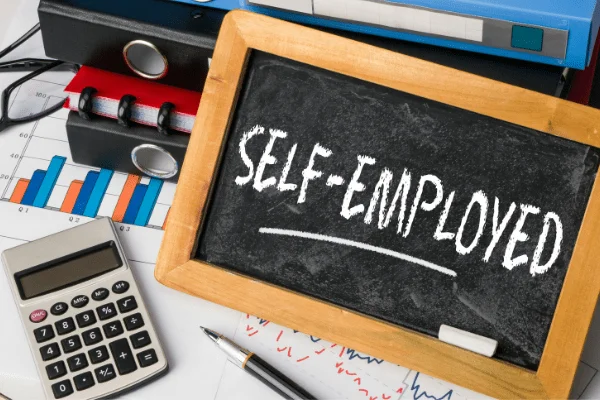How to Get a Good Deal on a Self-Employed Mortgage

Self-employed people are statistically more likely to be declined a mortgage than those who are traditionally employed. The vast majority of major banks and lenders impose additional restrictions on the self-employed that do not apply to those in conventional employment.
This does not mean it is impossible to qualify for a competitive mortgage while running your own business. Getting a good deal as a self-employed worker simply means approaching the right lenders and providing relevant evidence of your employment status and income.
Self-certification is no longer accepted
Previously, it was possible to self-certify your income as part of the mortgage application process. Where self-certification was an option, a lending decision could be reached based on the personal assurances of the applicant alone.
Today, lenders expect to see formal verification of income and financial status when considering applications from the self-employed.
This will typically mean providing:
- Certified accounts for at least two years
- Detailed evidence of earnings from HMRC
- Proof of your company’s track record
- Evidence of upcoming work or projects
This will need to be provided alongside all the usual documentation involved when applying for a mortgage, including but not limited to:
- Bank statements from at least the past six months
- Three months of utility bills
- Council tax bills
- Passports and/or driving licences
- Proof of current address and residency
- Maximum Loan Amounts for the Self-Employed
As a general rule of thumb, most mainstream banks will lend a maximum of 4.5 to 5 times the annual salary of the self-employed applicant. Though there is significant flexibility with maximum loan amounts depending on the lender in question and the financial circumstances of the applicant, In particular, offering a larger deposit can significantly increase the loan size available.
Getting a good deal as a self-employed worker
Mortgages for the self-employed can be extremely competitive, though they call for a strategic application process.
A few essential guidelines for self-employed mortgage applicants looking to get the best possible deal from a reputable lender are:
Apply via an established independent broker, who can conduct a whole market comparison on your behalf and find the perfect lender to suit your requirements. Taking your application directly to a lender is rarely the most cost-effective option.
Consult your credit score and note any discrepancies, as a history of credit issues could affect which lenders are willing to consider your application. If possible, take the time to address any issues with your credit that can be corrected before applying.
Hire an accountant to get your papers in order and to help you present a convincing case to prospective lenders. Accounts, statements, and paperwork prepared by a reputable accountant are always more authoritative when presented as part of an application.
Consider the alternative options to a conventional mortgage, which your broker will advise you on. For example, if you already have equity tied up in your current home or business property, a bridging loan could be a cost-effective option.
For more information on any of the above or to discuss any aspect of self-employed mortgages in more detail, book your obligation-free consultation with UK Property Finance today.
